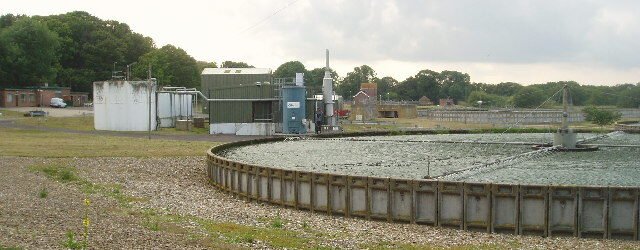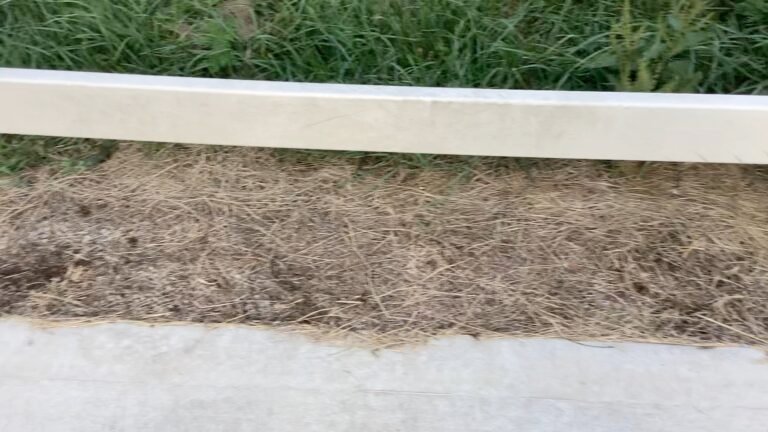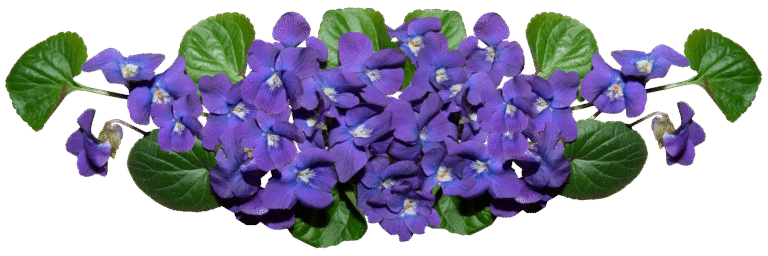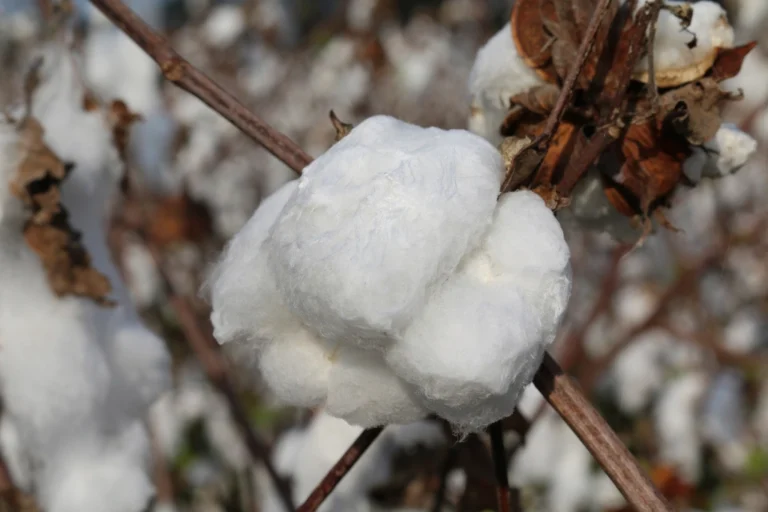The Hidden Truth About Where Your Food Really Comes From Will Shock You

What if everything you know about food production is a lie? From chemically-treated soils to toxic water, modern agriculture is built on a broken system. Discover how the sewage-industrial complex deceives us and how regenerative practices can restore healthy soil, clean water, and a sustainable food system. The solution is closer than you think.








